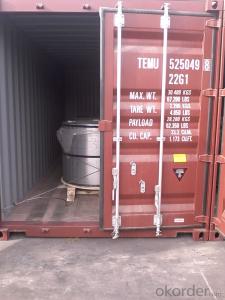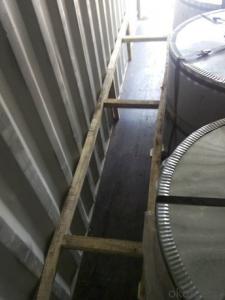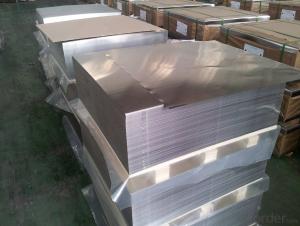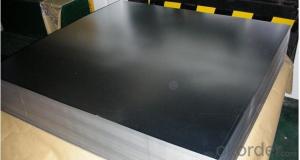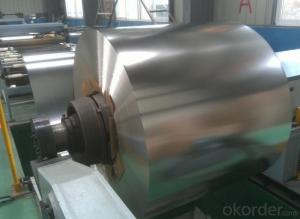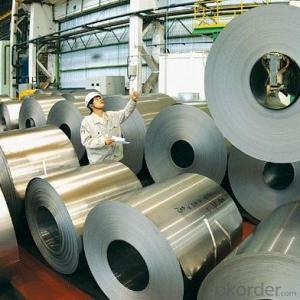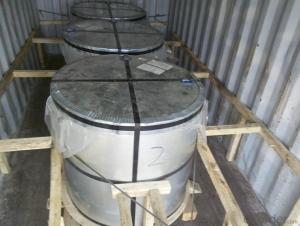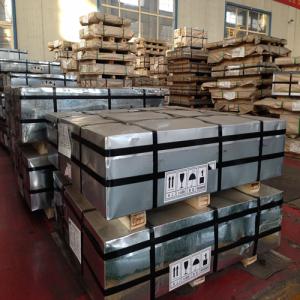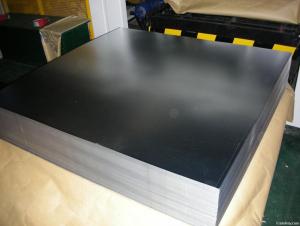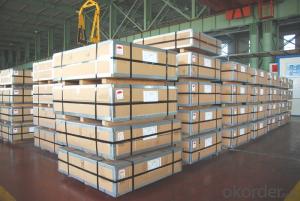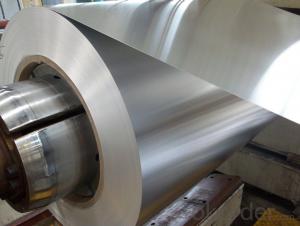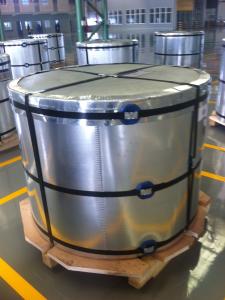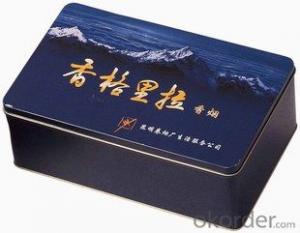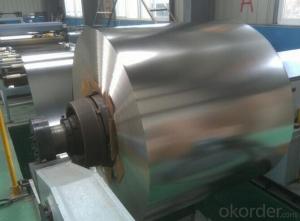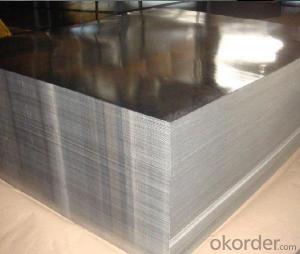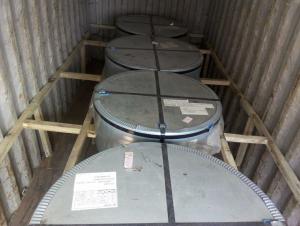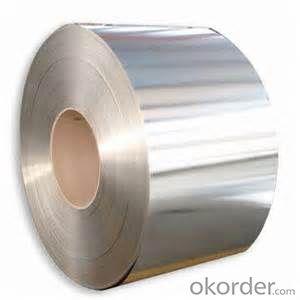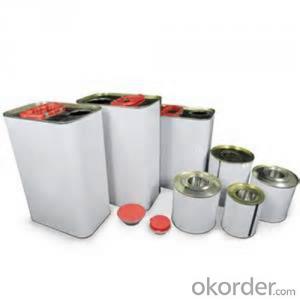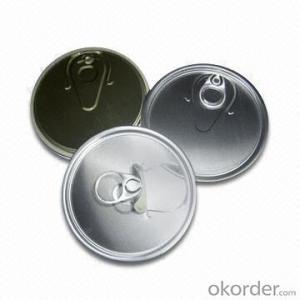All Categories
- - Steel Wire Rod
- - Steel Coils
- - Steel Profiles
- - Steel Pipes
- - Stainless Steel
- - Tinplate
- - Special Steel
- - Steel Sheets
- - Steel Rebars
- - Steel Strips
- - Hot Rolled Steel
- - Cold Rolled Steel
- - Pre-painted Steel
- - Seamless Steel Pipe
- - Welded Steel Pipe
- - Hollow Steel Tubes
- - Galvanized Pipe
- - Stainless Steel Coil
- - Stainless Steel Sheet
- - Stainless Steel Plate
- - Stainless Steel Strips
- - Electrolytic Tinplate Coil
- - Electrolytic Tinplate Sheet
- - Stainless Steel Rebars
- - Solar Panels
- - Solar Water Heater
- - Solar Related Products
- - Solar Inverter
- - Solar Cells
- - Solar Light
- - Solar Energy Systems
- - Solar Controllers
- - Solar Mounting System
- - Solar Pump
- - Solar Chargers
- - Fiberglass Chopped Strand
- - Fiberglass Mesh Cloth
- - Composite Pipes
- - FRP Pultrusion Profiles
- - Fiberglass Mat Tissue
- - Fiberglass Fabrics
- - Fiberglass Mesh
- - Composite Tank
- - Fiberglass Mesh tape
- - Polymer
- - FRP Roofing Panel
- - Fiberglass Roving
- - Monolithic Refractories
- - Ceramic Fiber Products
- - Refractory Bricks
- - Raw Materials For Refractory
- - Suspended Platform
- - Cranes
- - Concrete Machinery
- - Earthmoving Machinery
- - Building Hoist
- - Road Building Machinery
- - Plastic Pipe Fittings
- - Plastic Tubes
- - Plastic Sheets
- - Agricultural Plastic Products
- - Plastic Nets
 All Categories
All Categories
Q & A
What are the main factors that affect the printability of electrolytic tinplate coil?
The main factors that affect the printability of electrolytic tinplate coil include the quality and composition of the tin coating, surface roughness, substrate thickness, and the presence of any contaminants or impurities. Additionally, the design of the printing process and the type of ink or coating used can also impact the printability of the tinplate coil.
How does electrolytic tinplate coil perform in terms of impact resistance?
Electrolytic tinplate coil exhibits excellent impact resistance due to its inherent characteristics and manufacturing process. The tin coating on the steel substrate provides an additional layer of protection, enhancing its resistance against impacts. This makes it suitable for various applications where durability and resistance to physical damage are essential, such as canning, automotive components, and electrical enclosures.
How does the surface finish of electrolytic tinplate coil affect its resistance to abrasion?
The surface finish of electrolytic tinplate coil greatly affects its resistance to abrasion. A smoother surface finish tends to offer better resistance to abrasion as it reduces friction and prevents the material from being easily scratched or worn off. On the other hand, a rough or uneven surface finish increases the likelihood of abrasion, as it provides more opportunities for the material to be scraped or abraded. Therefore, a high-quality, smooth surface finish is essential for enhancing the resistance of electrolytic tinplate coil to abrasion.
What are the requirements for tin coatings in electrolytic tinplate coil for aerosol packaging?
The requirements for tin coatings in electrolytic tinplate coil for aerosol packaging include a high level of corrosion resistance to protect the can from moisture and chemicals, good adhesion to the steel substrate to prevent delamination, and a smooth and uniform surface finish for optimal printability and appearance. Additionally, the tin coating should have a consistent thickness to ensure proper can forming and sealing operations.
What is the tensile strength of electrolytic tinplate coil?
The tensile strength of electrolytic tinplate coil typically ranges from 280 to 350 megapascals (MPa).
Wholesale Electrolytic Tinplate Coil from supplier in Botswana
Some potential advantages of partnering with us for all your Electrolytic Tinplate Coil needs in Botswana include:
1. High-quality products: We supply Electrolytic Tinplate Coil products that meet international standards, ensuring their durability and reliability for your projects.
2. Comprehensive procurement services: As a subsidiary of CNBM, a Fortune Global 500 company, we have the capability to provide comprehensive procurement services, including sourcing, purchasing, and logistics, to ensure a smooth and efficient supply chain.
3. Competitive pricing: With our extensive market development experience in Botswana, we can offer competitive pricing for our Electrolytic Tinplate Coil products, helping you optimize your project costs.
4. Technical support: Our dedicated team of experts is available to provide technical support and assistance, helping you choose the right Electrolytic Tinplate Coil products for your specific requirements.
5. Valuable insights and expertise: With years of experience in the Botswana market, we have valuable insights and expertise that can help you make informed decisions and optimize your projects.
6. Customer satisfaction: We prioritize customer satisfaction and strive to provide excellent customer service, ensuring a positive and seamless experience throughout the procurement process.
Partnering with us for your Electrolytic Tinplate Coil needs in Botswana can help you streamline your procurement process, ensure high-quality products, and benefit from our expertise and competitive pricing. Contact us today to discuss your requirements and discover how we can support your projects.
1. High-quality products: We supply Electrolytic Tinplate Coil products that meet international standards, ensuring their durability and reliability for your projects.
2. Comprehensive procurement services: As a subsidiary of CNBM, a Fortune Global 500 company, we have the capability to provide comprehensive procurement services, including sourcing, purchasing, and logistics, to ensure a smooth and efficient supply chain.
3. Competitive pricing: With our extensive market development experience in Botswana, we can offer competitive pricing for our Electrolytic Tinplate Coil products, helping you optimize your project costs.
4. Technical support: Our dedicated team of experts is available to provide technical support and assistance, helping you choose the right Electrolytic Tinplate Coil products for your specific requirements.
5. Valuable insights and expertise: With years of experience in the Botswana market, we have valuable insights and expertise that can help you make informed decisions and optimize your projects.
6. Customer satisfaction: We prioritize customer satisfaction and strive to provide excellent customer service, ensuring a positive and seamless experience throughout the procurement process.
Partnering with us for your Electrolytic Tinplate Coil needs in Botswana can help you streamline your procurement process, ensure high-quality products, and benefit from our expertise and competitive pricing. Contact us today to discuss your requirements and discover how we can support your projects.
